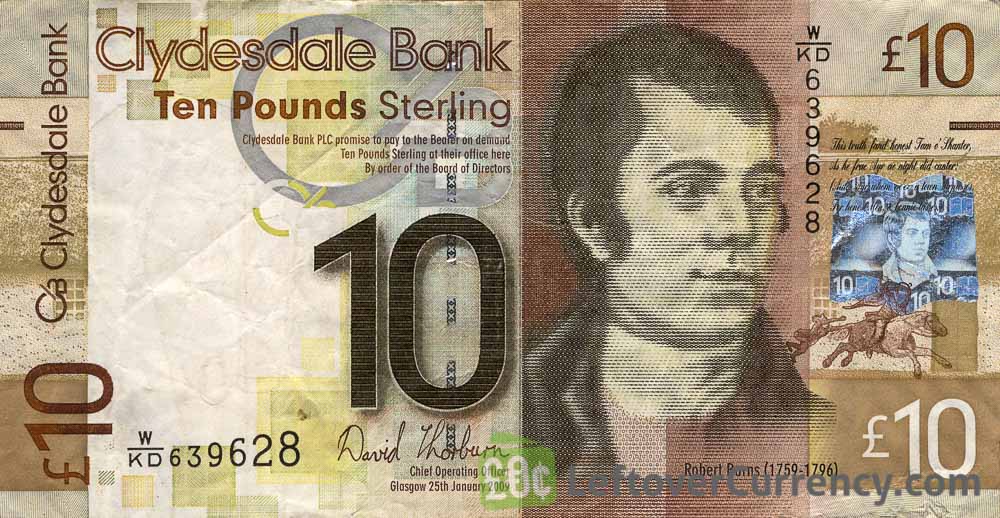Here are some random observations I made in the UK, in no particular order.
1. In the UK, the list prices of products are not printed on the product itself. This was very surprising for me. In India, the Maximum Retail Price (MRP) of anything is printed on the product. In the British market, the prices are printed on the labels to the products on the shelves. There being the same MRP for a product across India and printed on the product, I was used to turning the product to see how much it costs. This not being the case in the UK, it meant that if items on the shelf in the supermarket were in a disarray, which was quite often, you needed to match the label with the product in order to see the price. It made the shopping process a little cumbersome, so much so that after a point, I simply put things in a shopping basket only to find out the prices later on at checkout. In the UK, the only products that have the price printed on them are books.
Apart from personal inconvenience, it also means that supermarkets are free to determine prices as they like. Waitrose might sell a bottle of soap for £1.5 while the Sainsbury’s right next door might do the same thing for £1.0. It is surprising how the pricing of manufactured good market in the UK behaves like the services market of a developing country like India. Also, the UK, it seems, has no concept of a Maximum Retail Price. All they have is a Recommended Retail Price (RRP). The labels to the products on the shelves in a supermarket list the price they want, and may or may not list the RRP. It means the prices are driven by competition in an area more than by anything else. I don’t know if it is good economics, but it sounds unfair to me. I tried to find out if the UK has some regulatory authority that sets the prices, but I could not find any.
Another aspect of pricing is that most services like gas or television services or internet are driven by contracts. This was something that I detested about the British market. In India, if I want to switch from one telecom provider to another, I don’t have to pay anything. In the UK, most customers are bound by contracts whose duration is at least 12 months. This means if you are unhappy with a telecom provider and want to switch mid-way, you either wait for the contract to get over or pay an upfront fees to terminate the contract. It sounds really counter-intuitive for a capitalist country, but it is. Within the realm of an individual consumer, the market is more of a monopoly than one that runs on competition.
2. The banking system of the UK has its own pros and cons. The positives when compared to India are that all British banks have a very robust online banking network. India has tried to develop a good online banking infrastructure, but it is beset by bureaucracy and an old population that seems unwilling to embrace it even as the wider population is. One hopes this will soon change. But a negative of the British banking system is that they don’t give interest on current accounts. British banks give a rather liberal interest rate to borrowers, but give an extremely paltry interest rate to depositors (as low as 1.15%!). In India, even current account holders are used to interests rates as high as 7%. Also, British banks have a concept of a savings account but they don’t seem to have anything akin to what we in India know as ‘fixed deposits’. I consider a fixed deposit to be a fine balance between a current and savings account, and the Indian middle class swears by it.
Another negative of British banks is that they have far less security features for their debit and credit cards. If you purchase anything from a British online shopping website, your payment gets through as soon as you enter your card details. Anyone with your card could buy anything he pleases. In India, any online transaction usually mandates entering a One Time Password (OTP) sent to one’s phone, or an internet PIN or the card PIN or the mPIN. It just makes the entire process appear safer. British banks also have this thing called ‘contactless’ cards which do not require you to insert or swipe your card for transactions less than £30. This again makes one’s cards vulnerable. Most security features for UK banks are intrinsically linked to the bank’s online banking app, which often lands you in a fix in case you are stranded without internet or the app does not work. The app itself is not entirely safe (like anything online), and I feel the entire problem could be solved if only they asked the card PIN for every transaction.
3. Telecom in UK is terribly expensive. In India, I pay ₹400 (~£5) for three months and got unlimited calls and texts and 2 GBs per day (i.e. 180 GB for three months). In the UK, I paid £10 and got 500 UK and 500 international minutes, 100 texts and only 1 GB per month.
4. The British railway system is nice, but it is privatised. This means train pricing and bookings works in a mind-boggling way.
Unlike www.bahn.de in Germany or IRCTC in India, there is no one portal in the UK for buying train tickets. Each sector is operated on by multiple private players and their tickets are advertised selectively by third party aggregators like trainline.co.uk or thameslinkrailway.com or nationalrail.co.uk. They only list the tickets of those players that they have tied-up with. For e.g., while planning a trip from London to Ft William (Scotland), the train prices were as high as £150! Then I learnt of another Scottish train company by word of mouth, which was not listed on trainline.co.uk and whose tickets were £50, one-third of the ones listed on Trainline. Besides, the train tickets Trainline or Thameslink tell you are the cheapest might not be the cheapest. If you work out the connections manually, you could actually save as much as £20. Things you learn as a student!
The German or the Indian systems (the only two other train systems I have experienced) are actually quite clear. Even one year in the UK was insufficient for me to understand how the National Rail and its pricing worked. Sometimes a ticket from Manchester to London was just as expensive as the one from London to Edinburgh!
I even had a weird incident that deserves mention. It must have been 15 or 16 Oct 2018, and it was 3 or 4 am in the morning. I was at the Crewe station and I had to take a train to Stockport. The entire station was abandoned and none of the displays were working. Now, in India, you will never find a railway station abandoned. Even at 3 am, they’ll be agog with activity. In Germany, you might find yourself as the only person on the platform but you will not be lost all the displays will be working perfectly.
After jumping back and forth between, I found an official who directed me. ‘The next train goes to Stockport.’ Inside the train, I was asked to buy another ticket even as I already had one. The reason was that the train I was on was run by a different company than the one for which I had a ticket. My ticket did mention the valid company, in a corner where you would normally wouldn’t bother to look at; so I couldn’t really claim that my tickets did not have this information. But I was certainly not informed of this while buying the tickets and the platform did not have any information about the different companies operating on that route. After much ado, the ticket collector allowed me to get off at the next station. When I discussed this with some other people, I was told even veteran Brits land up in troubles like these.
5. UK/EU has an ageing population. At the Quora meet I attended in London, most people were older than forty. At a Quora meet in Delhi, there were nearly fifty people, all aged less than 25. Even in my class, it was so common for people going to university for the first time at the age of thirty.
6. I feel the UK/EU wastes a lot of energy. Shops leave all their lights on even after they close, so that their products can be seen by people passing by. It does sound strange when they advice China and India on how to reduce their carbon footprint.
7. I had a peculiar incident when I visited Scotland. I had to pay a taxi driver in Fort William £8 in cash. When I fished out a £10 note, he refused to accept it because I was carrying Bank of England notes. I did not know Scotland has its own currency, printed by Clydesdale Bank. He did accept my notes, seeing I was stranded, but not without a rap on my knuckles: ‘We accept Bank of England notes, but when we go to London, they don’t accept Scottish currency.’ I tried explaining to him I was not a Londoner…


– Ritvik Chaturvedi
Leave A Comment